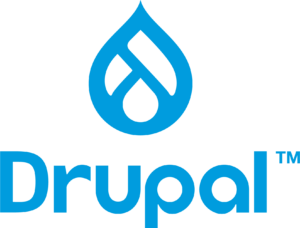DevSecOps is a rapidly growing field that combines the best practices of software development, security, and operations to create a more efficient and effective way of building, deploying, and managing software. One of the key components of DevSecOps is dependency management, which plays a critical role in ensuring the security and stability of software systems.
At its core, dependency management is the process of identifying and controlling the external libraries and frameworks that a software project relies on. These dependencies can include everything from core libraries like the Java runtime to specialized frameworks and tools that are used to build specific features.
The importance of dependency management in DevSecOps lies in the fact that these external libraries and frameworks can introduce significant security risks to a software system. For example, a vulnerable library or framework could be exploited by an attacker to gain access to sensitive data or take control of a system. Additionally, outdated or unmaintained dependencies can lead to compatibility issues and other bugs that can disrupt the stability and performance of a system.
To mitigate these risks, DevSecOps teams use a variety of tools and techniques to manage dependencies. One of the most important is dependency scanning, which involves automatically identifying and analyzing all of the dependencies used in a software project. This can be done through a variety of means, including static analysis, dynamic analysis, and manual code review.
Dependency scanning can help DevSecOps teams identify vulnerabilities, outdated dependencies, and other issues that could impact the security or stability of a software system. Once these issues have been identified, the team can take steps to remediate them, such as updating to a newer version of a library or framework or replacing it with a more secure alternative.
Another important aspect of dependency management is version control. Keeping track of which versions of a library or framework are being used can help DevSecOps teams ensure that they are using the most recent and secure versions of the dependencies they rely on. Additionally, version control can help teams identify when a dependency is no longer being maintained and should be replaced.
Another important aspect of dependency management is the use of package management systems such as npm, pip, and maven. These systems automate the process of managing dependencies, making it easier to identify, download, and update the libraries and frameworks that a software project relies on. Additionally, these systems also provide a central point of control, making it easier to track and manage dependencies across multiple projects.
In conclusion, dependency management plays a critical role in DevSecOps, helping teams to identify and mitigate security risks and ensure the stability and performance of software systems. By using a combination of tools and techniques, such as dependency scanning, version control, and package management systems, DevSecOps teams can effectively manage dependencies and keep their software systems secure and stable.


